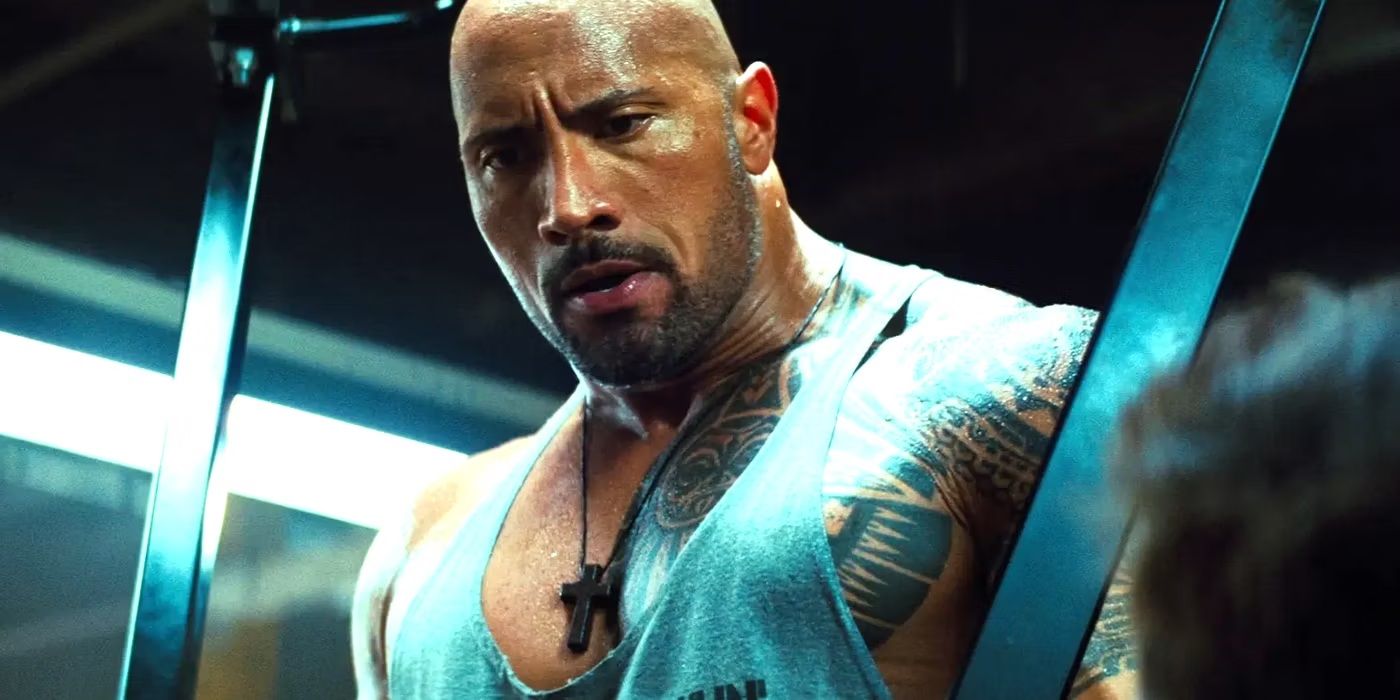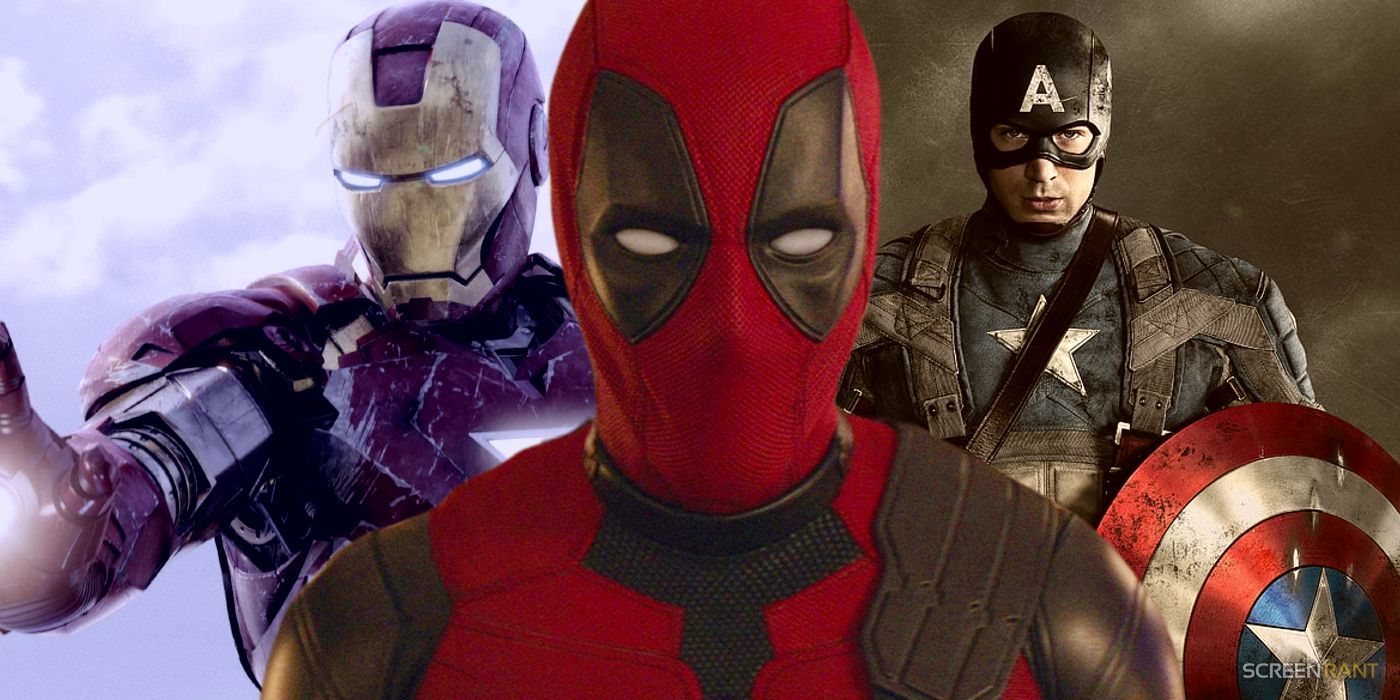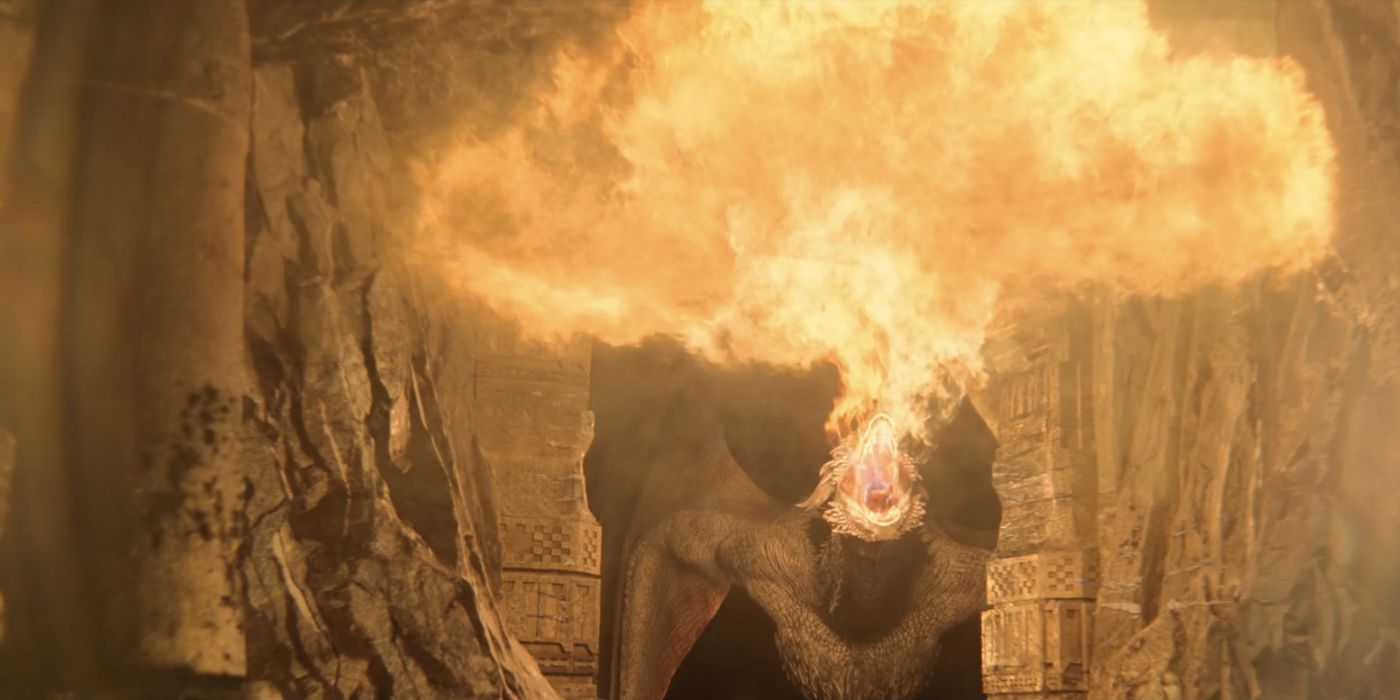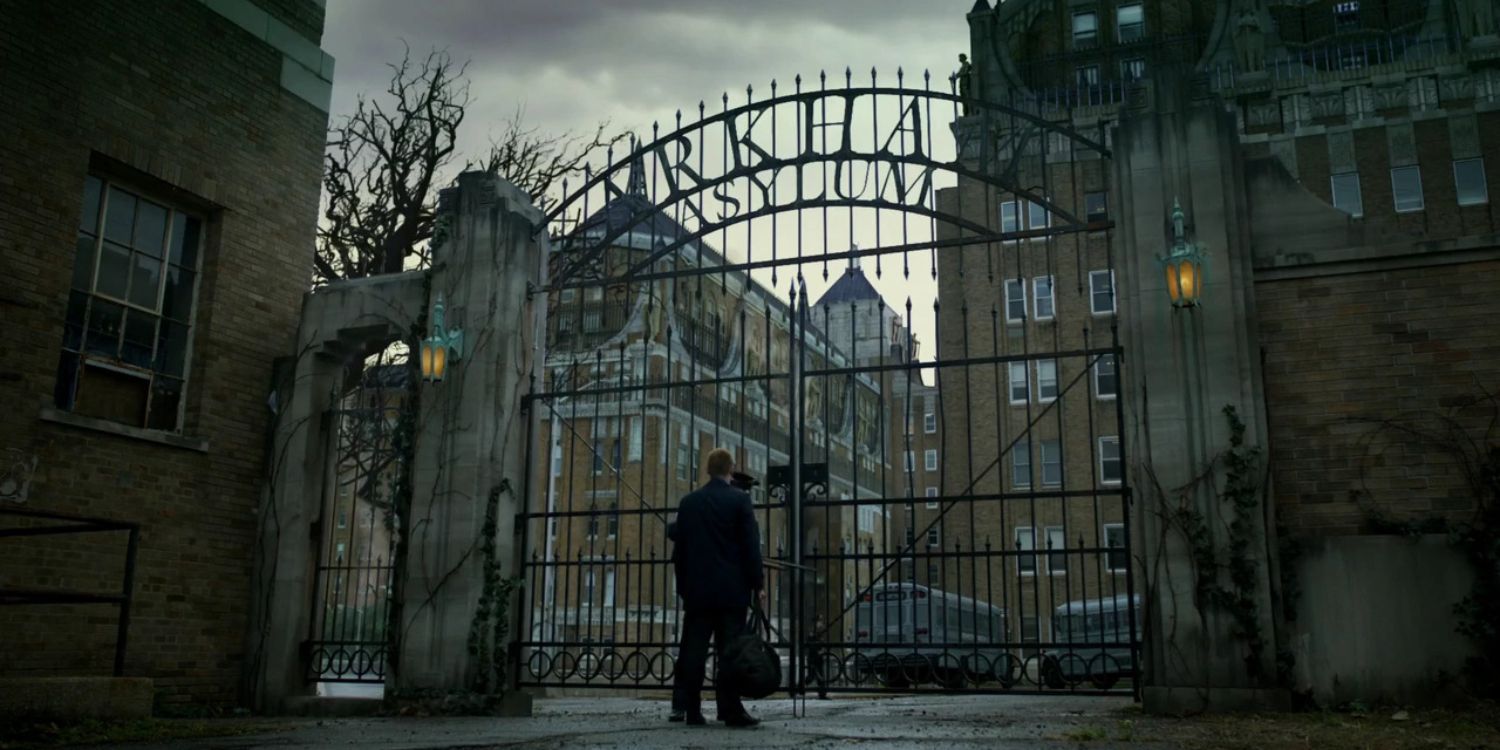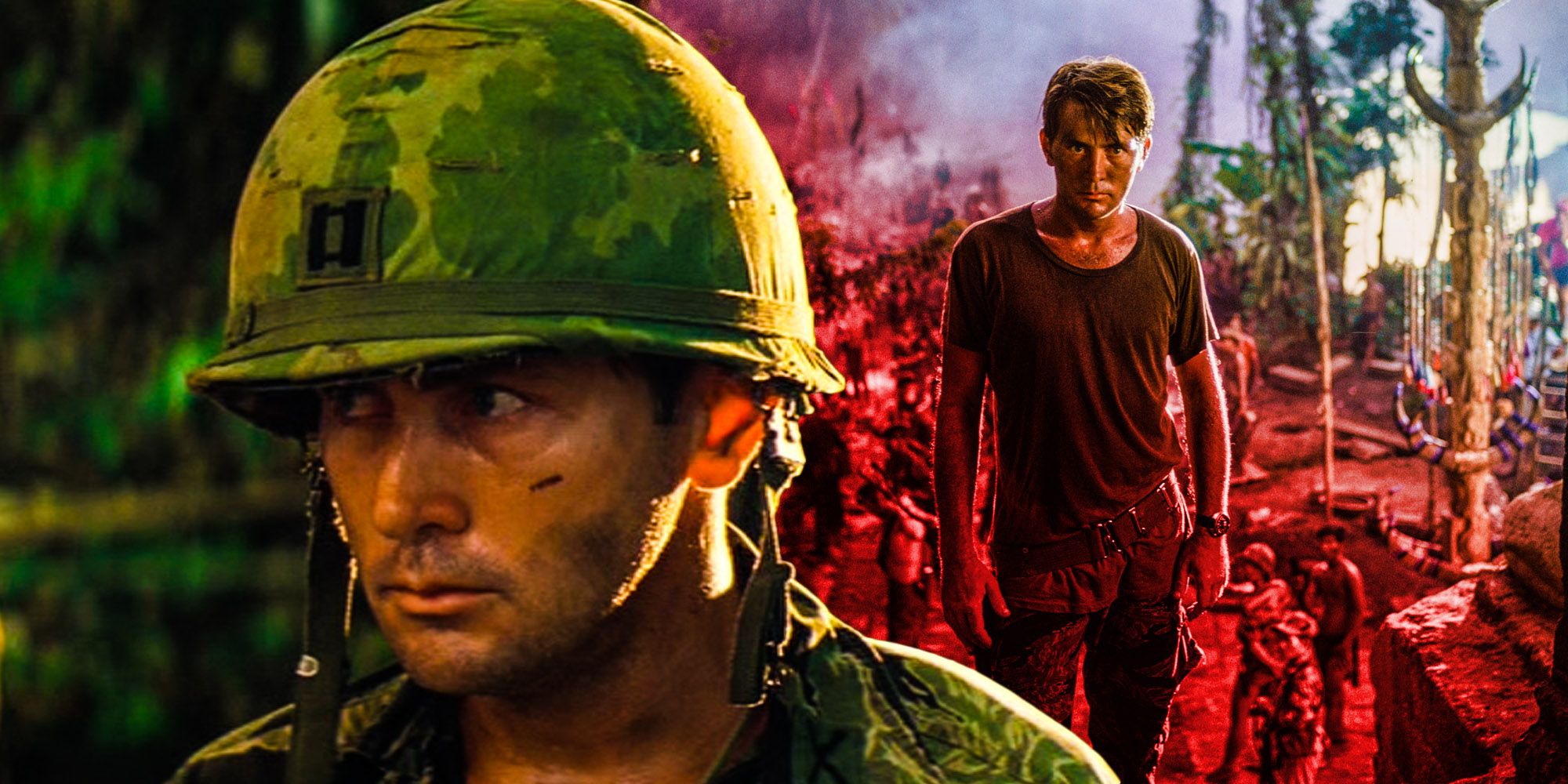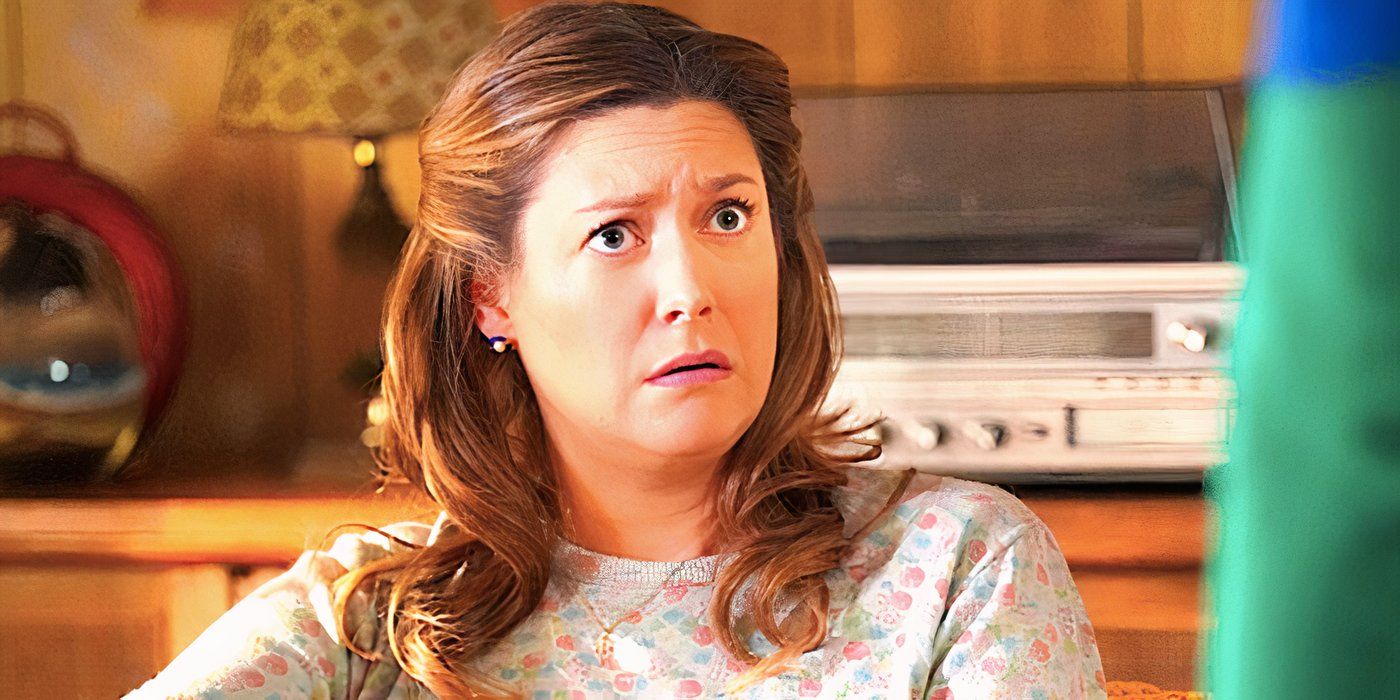Star Trek: Voyager killed one of the Doctor’s (Robert Picardo) best storylines in season 3, causing Picardo to express his disappointment that it wasn’t continued. The USS Voyager’s EMH was one of the most popular characters in Star Trek: Voyager‘s cast, thanks mainly to his unique origins and diverse character arc. As a hologram who gained sentience during the show’s run, the Doctor filled a franchise niche previously held by other popular characters like Data from Star Trek: The Next Generation.
Many of the Doctor’s storylines on Voyager revolved around him gaining humanity. However, a season 3 episode featured the character losing some of his humanity because of a malfunction in his program. Season 3, episode 4, “The Swarm” was focused on the Doctor as Kes (Jennifer Lien) and B’Elanna Torres (Roxann Dawson) worked to save his program after it began to degrade. Ultimately, the Doctor ended up losing a large portion of his memory at the end of the episode, a consequence that should have had implications for his character over the rest of the season.
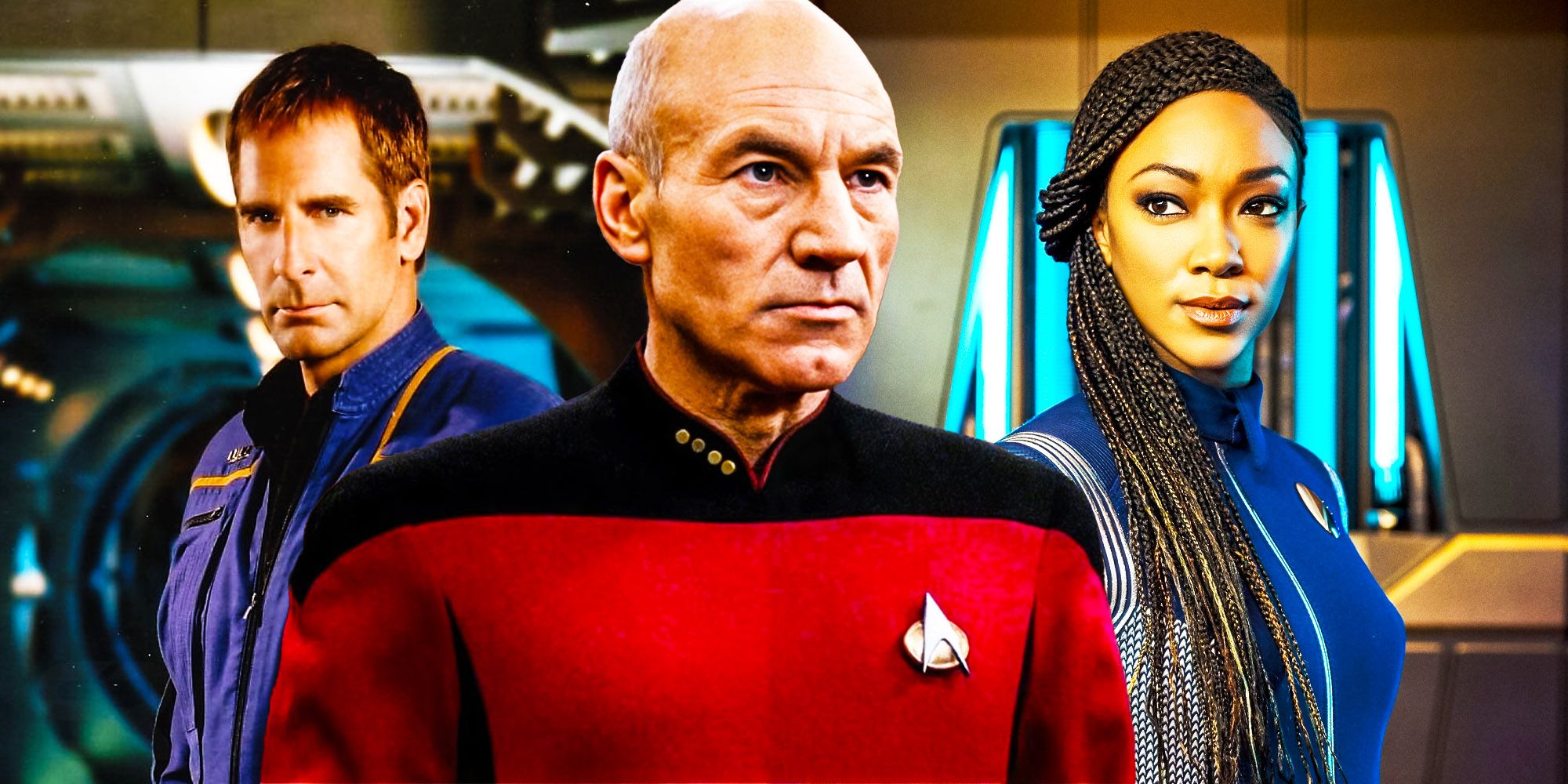
Related
How To Watch All Star Trek TV Shows In Timeline Order
The Star Trek TV franchise has existed for 57 years and consists of 12 shows (and counting). Here’s how to watch them all in timeline order.
Robert Picardo Says Voyager’s “Reset Button” Killed One Of The Doctor’s Best Season 3 Storylines
The Doctor missed out thanks to the reset button
Unfortunately, aside from a brief reference to the Doctor’s memory loss in a future episode, the events of “The Swarm” were never mentioned again, cutting off the possibility of Voyager exploring how the Doctor recovered from his severe memory loss. This was largely thanks to Voyager‘s use of episodic storytelling and contained arcs, something that the show was infamous for during its run. Robert Picardo was particularly disappointed that the Doctor’s ordeal during “The Swarm” wasn’t explored further though, expressing his frustration to The Official Star Trek: Voyager Magazine sometime after the episode’s release. Read Picardo’s full quote below:
“There’s a tremendous desire among the makers of our show to keep things self-contained. They don’t like to serialize that much and, if they do, it’s only as a two-parter. They tend not to carry arcs through a number of episodes. So, we really had to throw out the whole notion of The Doctor losing all of his memory, being rebooted and having to redevelop his personality. We couldn’t really follow through with that in a way that I would have hoped we would. It was still a strong episode and an acting challenge for me, but I do regret somewhat that we couldn’t have carried the aftermath of that experience through a number of episodes.”
Given how large the scope of the Doctor’s memory loss was, it’s surprising that Voyager didn’t carry on with the story despite their aversion to serialization. Having the Doctor lose so much of his emerging humanity just as he was starting to become sentient was devastating, but was also a huge piece of character development to drop the thread of. “The Swarm” was also a poignant allegory for sufferers of Alzheimer’s Disease, providing the “acting challenge” Picardo mentioned. Such an important episode should have caused Voyager to disregard their fear of serialized storytelling and carry the story throughout the season.
Why Star Trek: Voyager Was So Afraid Of Serialized Storytelling
Voyager avoided serialization to its detriment
Despite this, Voyager stuck to its fear of serialization, likely because another Star Trek series was having mixed results with it. Star Trek: Deep Space Nine, Voyager‘s sister show, is often credited as the first Star Trek series to truly incorporate serialized storytelling. While this has made the show more popular in hindsight, DS9‘s ratings at the time were not as high as Star Trek: TNG, a show that had mainly found success in episodic storytelling. Voyager‘s creative team may have felt that the show needed to return to the traditional model to succeed.
However, examples like what happened with the Doctor’s story in “The Swarm” show that Voyager was wrong about how serialization would have been received by audiences. While the show did incorporate more serialized character arcs later on, it’s often derided for its use of the “reset button” and the way that hurt certain episodes, including “The Swarm.” If Star Trek: Voyager had found a way to strike a balance between episodic and serialized television, it might have achieved something only now being pulled off by a show like Star Trek: Strange New Worlds.
Source: The Official Star Trek: Voyager Magazine, issue 18
Star Trek: Voyager is available to stream on Paramount+.
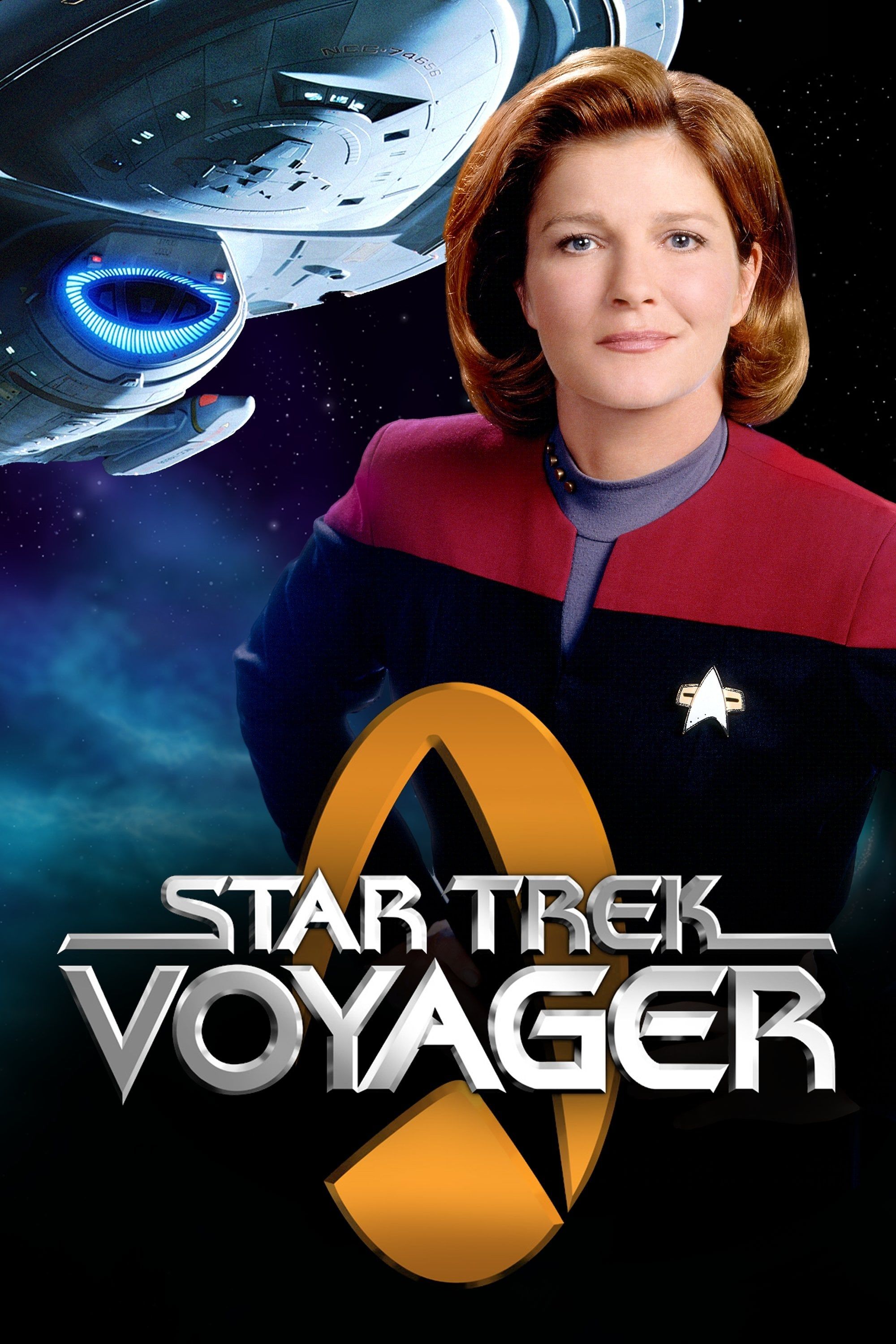
Star Trek: Voyager
*Availability in US
- stream
- rent
- buy
Not available
Not available
Not available
The fifth entry in the Star Trek franchise, Star Trek: Voyager, is a sci-fi series that sees the crew of the USS Voyager on a long journey back to their home after finding themselves stranded at the far ends of the Milky Way Galaxy. Led by Captain Kathryn Janeway, the series follows the crew as they embark through truly uncharted areas of space, with new species, friends, foes, and mysteries to solve as they wrestle with the politics of a crew in a situation they’ve never faced before.
- Cast
-
Kate Mulgrew
, Robert Beltran
, Roxann Dawson
, Jennifer Lien
, Robert Duncan McNeill
, Ethan Phillips
, Robert Picardo
, Tim Russ
, Garrett Wang
, Jeri Ryan - Release Date
-
May 23, 1995
- Seasons
-
7
- Network
-
UPN
- Franchise(s)
-
Star Trek
- Writers
-
Michael Piller
, Jeri Taylor
, Brannon Braga
, Kenneth Biller - Showrunner
-
Michael Piller
, Jeri Taylor
, Brannon Braga
, Kenneth Biller - Where To Watch
-
Paramount+
